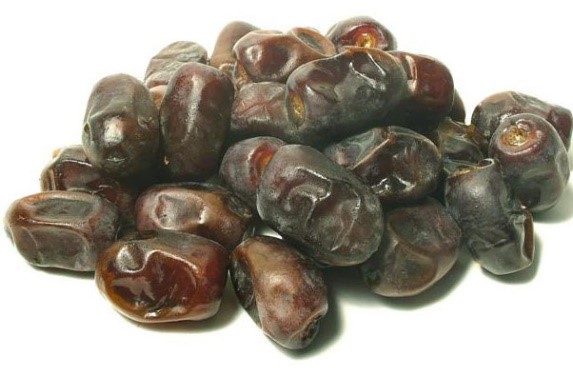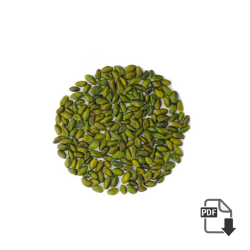Are Peanuts Good for You?
These crunchy legumes may have a sizable amount of calories and fat, but there are some big health benefits, too
Whether they’re crushed into butter, eaten right out of the shell, or sprinkled over a salad, peanuts are a popular snack. According to a recent survey of 2,000 adults by market research firm Mintel, 64 percent said they’d eaten peanuts within the past three months. That’s more than those who said they’d eaten almonds, cashews, pistachios, or trail mix.
Please for more information or any inquiry click here ……
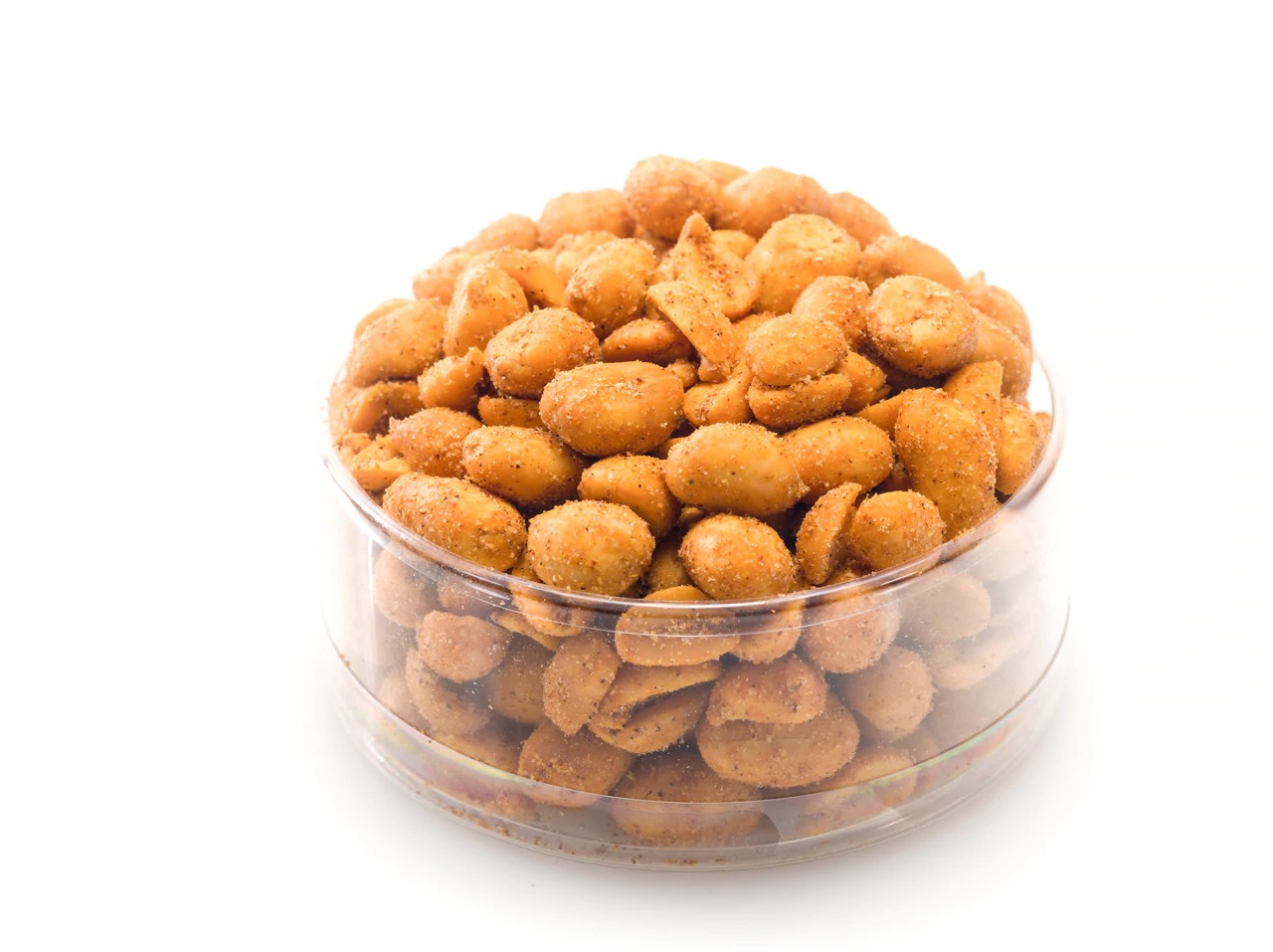
But an ounce of dry roasted peanuts has 166 calories and 14 grams of fat, leading some people—even some health professionals—to put them in the category of “sometimes” foods.
A recent survey of about 760 dietitians, general practitioners (GPs), and nurse practitioners in New Zealand, for example, revealed that they were more likely to recommend that their patients eat tree nuts—such as almonds, cashews, pistachios, and walnuts—over peanuts; and most of the GPs and nurse practitioners rated peanuts as “slightly less healthy” than tree nuts.
Such beliefs are misguided, says Vasanti Malik, Ph.D., a research scientist at the Harvard T.H. Chan School of Public Health.
“Peanuts are actually really healthy,” Malik says. “They’re certainly high in calories and fat, but the fat is good fat.”
Big Health Benefits?
Peanuts are technically legumes, but they’re grouped into the nuts category because they have a similar nutritional profile, says Ellen Klosz, a nutritionist at Consumer Reports. “They’re a convenient source of protein and come with the added bonus of healthful nutrients, such as antioxidants, iron, magnesium, and fiber.”
The majority of fats in peanuts are heart-healthy mono- and polyunsaturated fats, which can help lower “bad” LDL cholesterol. Numerous observational studies have found that eating peanuts is associated with many benefits, especially for the heart.
A 2017 Harvard study of more than 210,000 people, for example, found that those who ate two or more servings of peanuts per week had 13 percent reductions in risk of cardiovascular disease compared with those who didn’t.
Several studies have also found that peanuts may be good for your waistline. A 2017 study published in the European Journal of Nutrition, for example, found that people who ate the most nuts—including peanuts—gained less weight and had a 5 percent lower risk of becoming overweight or obese over the five-year study period compared with those who didn’t eat them.

“Yes, they’re high in calories,” Malik says, “but because they’re also rich in protein and fiber, you can feel satiated without overeating them.”
None of these studies prove that the peanuts themselves directly lowered risks of disease and weight gain—designing such a study is almost impossible—but the growing body of evidence does seem to suggest a benefit.
How Peanuts Compare With Other Nuts
“Having an ounce of nuts several times a week is a healthy move,” Klosz says. (That’s about 28 dry-roasted peanuts.) Each type of nut has its own particular health perks, which is why it’s good to eat a variety of types.
Peanuts have about the same amount of calories as almonds, cashews, and walnuts, but they win when it comes to protein (with 7 grams per ounce, they have nearly twice as much as walnuts, for example), and are second only to almonds in terms of fiber (2.4 grams vs. 3 grams per ounce).
Walnuts are rich in heart-healthy omega-3 fatty acids, but peanuts stand out for their arginine content. This amino acid (a building block of protein) helps to improve blood flow by relaxing constricted blood vessels.
Plus peanuts require less water and are easier to grow than tree nuts, making them less taxing on the environment and on your wallet. “Nuts can be expensive,” Malik says, “but peanuts are actually cheaper than a lot of the other nuts out there.”
At Costco, for example, peanuts cost around 20 cents per ounce. Almonds at Costco cost 31 cents per ounce; walnuts, 37 cents; pistachios, 39 cents; and cashews, 57 cents.
Does How You Eat Them Matter?
Salted vs. unsalted, blanched vs. unblanched, shelled vs. unshelled, a handful of nuts vs. a spoonful of peanut butter: Does any of this make a big nutritional difference? Maybe.
Beneficial antioxidants and phytochemicals are most concentrated in the peanut’s thin, papery skin, so eating them with their skins intact can be better for health. “The skins contain a lot of polyphenols,” Malik says. “We know that polyphenols are anti-inflammatory and are great for health as well.”
Consuming them raw or dry-roasted as opposed to blanched—which removes the skins—is best, according to Harvard Medical School.
Also, watch out for added sugars. “Picking up a packet of peanuts when you’re on the go can be convenient,” Klosz says, “but some of the sweeter versions can put you over your daily added sugar allotment if you’re not careful.”
A 1-ounce serving of Planters Sweet ‘N Crunchy Peanuts, for example, has 13 grams (roughly 3 teaspoons) of sugars—that’s about half the daily maximum amount of added sugars for women, a third of the maximum amount for men—and 6.5 times the amount in Planters’ plain Dry Roasted version.
Also, don’t assume that all sweet versions have similar amounts of sugar. The Planters Sweet ‘N Crunchy Peanuts have more than three times the sugars as the Honey Roasted version.
When it comes to sodium, Malik says that eating lightly salted peanuts is fine for most people, especially if it will make you choose them over a less healthy snack, such as potato chips. But if you have certain health conditions, such as high blood pressure, go for the lower sodium or unsalted versions.
And while Malik isn’t aware of any studies that have looked at eating shelled vs. unshelled peanuts, it does stand to reason that eating them out of the shell might help curb your appetite because deshelling them slows you down, Malik says.
What About Peanut Butter?
A 2-tablespoon serving contains about 14 percent of your daily need of magnesium, which might aid with glucose metabolism, help build bone density in older women, and lower the risk for diabetes and stroke.
In the 2017 Harvard study, the researchers didn’t find any heart benefits associated with eating peanut butter. But that doesn’t necessarily mean it’s bad for your health, the study authors say.
“It might be the way peanut butter is consumed,” says Malik, who was one of the study’s authors, “with white bread and with jam that’s high in sugar.” Malik also says the extra ingredients typically added to peanut butter—for example, salt and sweeteners such as honey and sugar—may be responsible for canceling out its health effects.
How to Eat Them Healthfully
Mix them into meals. Peanuts and peanut butter can punch up the flavor and texture of a variety of dishes. You can chop and sprinkle them into salads, stir-fries, sandwiches, and grain bowls; or whisk peanut butter into a sauce, smoothie, soup, or dip.
Make smart swaps. Malik and her colleagues from Harvard have found that replacing a daily serving of red meat with nuts can lead to big benefits. “We saw a huge benefit for risk of diabetes and of cardiovascular disease,” Malik says. Instead of eating a sandwich with processed meat, she says, try spreading peanut butter onto whole-wheat bread.

Do the same with snacks. They’re crunchy and salty, giving you a satisfaction similar to what you’d get from an unhealthier snack without the nutritional pitfalls. “We’ve seen that if you replace potato chips with nuts,” Malik says, “there’s a reduced risk of type 2 diabetes.”
Roast them yourself. When looking for some sweetness without the extra sugar, Harvard Medical School recommends sprinkling peanuts with a little turmeric, cinnamon, or cocoa powder, then roasting them in your oven at 350° F for 15 to 20 minutes.
Comparison shop. Read nutrition labels to avoid the varieties with lots of added sugars, preservatives, and salt, and compare brands and flavors. Avoid peanut butter with hydrogenated oils, which can raise the risk of heart disease, type 2 diabetes, and stroke by elevating “bad” LDL cholesterol levels, increasing inflammation, and promoting insulin resistance. Don’t think you’re doing your health a favor by choosing “reduced fat” peanut butter. You don’t get that much of a calorie savings, and you’re cutting out the heart-healthy fats.
Don’t Fear the Fat
A common mistake many people make when trying to lose weight is to avoid all fats. Consumer Reports food expert, Trisha Calvo, explains to ‘Consumer 101’ TV show host, Jack Rico. why you need a healthy dose of the right kind of fat in your diet.
Please for more information or any inquiry click here ……
Image By MySpiritSphere
other products
-
Whole dried apricot Special wholesale price + analysis + sale offer
This variety is very sweet with an orange color. Sulfur is added to whole dried apricots in order to maintain the natural color, prevent bug infestation, and increase preservation.
-
Dried lime Powder
Dried Lime: Producer area: Fars, Hormozgan How to store: Fresh dried lime is in mustard color and sour taste. Dried lime in big size and darker color is the one with high quality. It can be stored in dry place…
-
Dried Prune
Since time immemorial, dried plume has been reputed for its anti-conception properties. However, its benefits have gone beyond this. Wishing to lose some weight, we highly recommend you to put dried plum in your diet, either in your food or…
-
Sargol Saffron | most economical saffron for import
Sargol Saffron | most economical saffron for import : sargol saffron consists only of Dark Red Stigma (thread) Tips. So. in other words all the white and orange parts are removed. This saffron is the second most expensive type of…

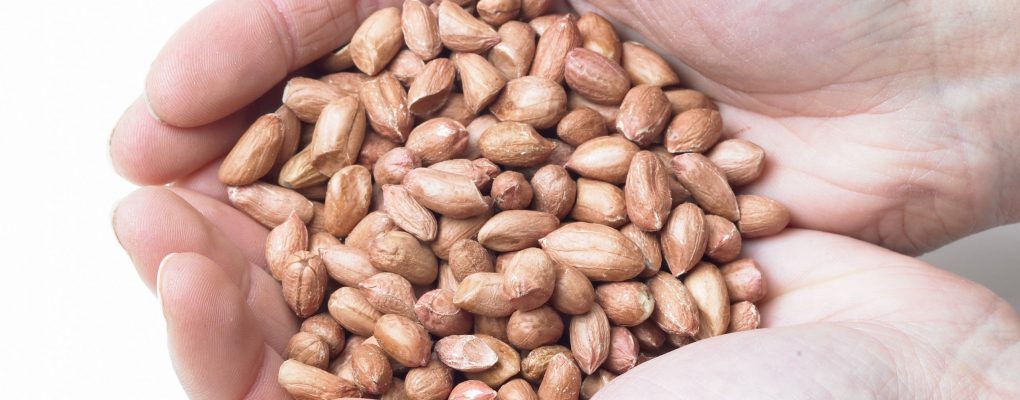

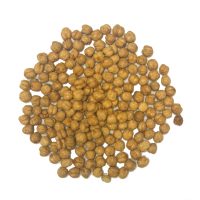
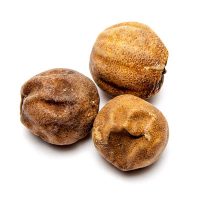
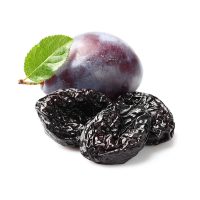
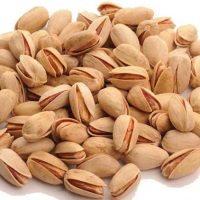
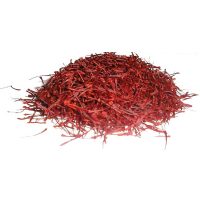
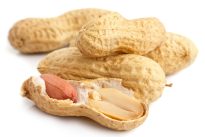
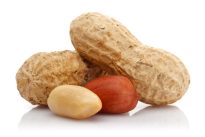
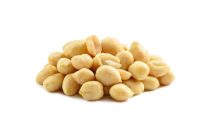
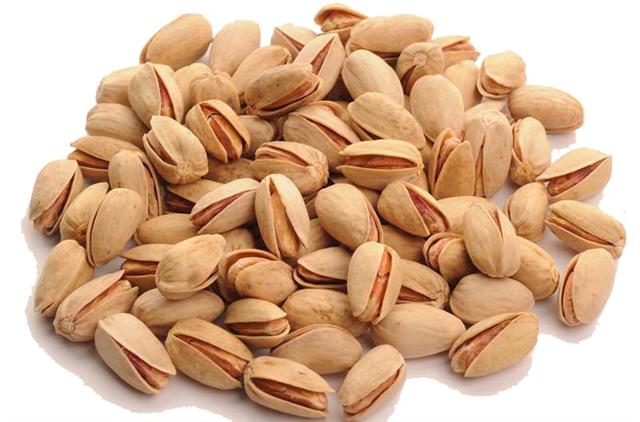
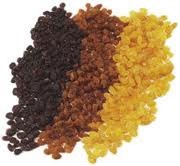 3 kind raisin
3 kind raisin 